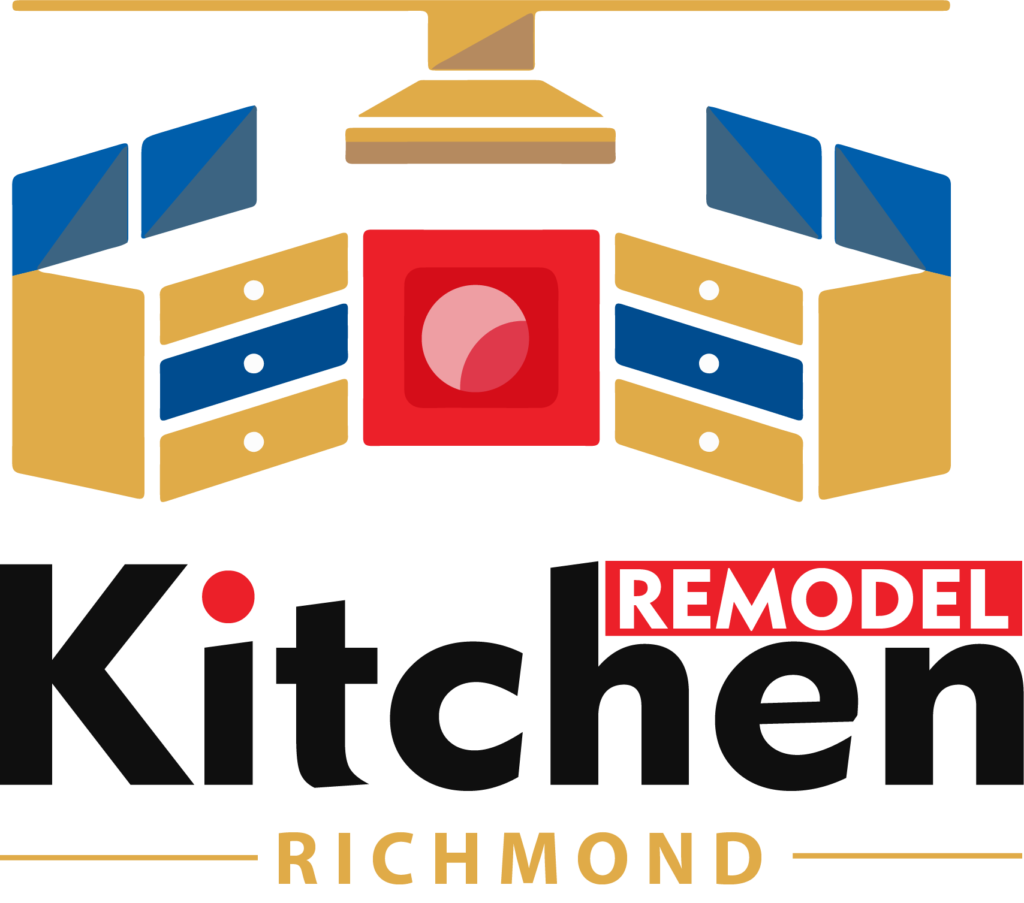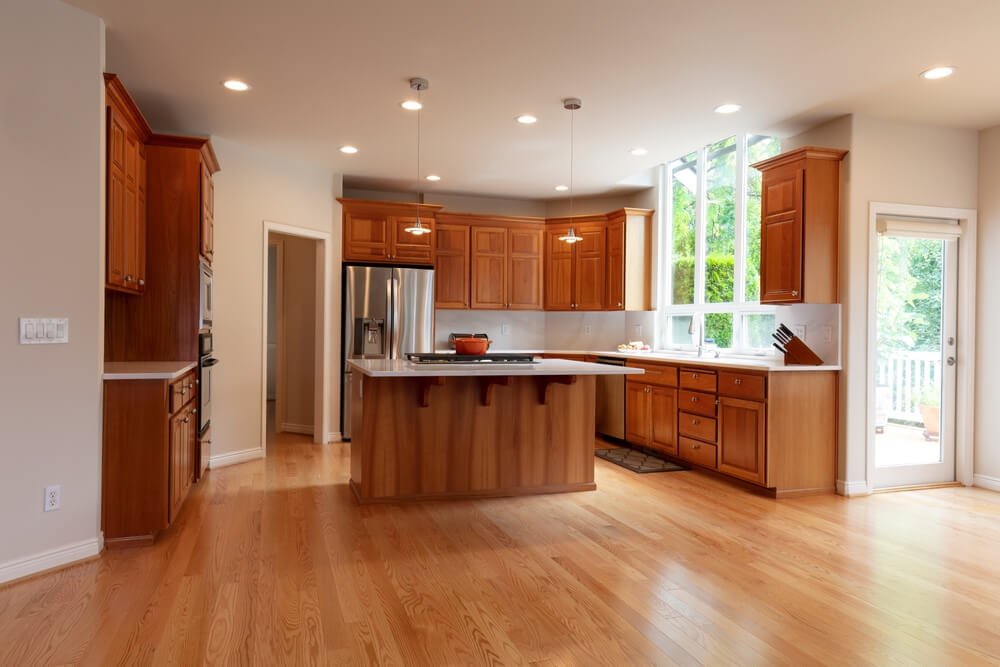Hardwood flooring has long been admired for its timeless elegance and natural beauty. When it comes to kitchen design, hardwood is a popular choice that can bring warmth and sophistication to the heart of the home.
However, like any flooring option, hardwood comes with its own set of pros and cons. In this post, we will explore the advantages and disadvantages of using hardwood flooring in kitchens.
Pros of Hardwood Flooring in Kitchens
Aesthetic Appeal
One of the primary reasons homeowners choose hardwood for their kitchens is its aesthetic appeal. Hardwood floors add a touch of warmth and class, creating a cozy and inviting atmosphere in the kitchen.
Timeless Elegance
Hardwood flooring is a classic choice that never goes out of style. Its timeless elegance ensures that your kitchen will remain fashionable for years to come, even as design trends evolve.
Increased Home Value
Homes with hardwood flooring are often perceived as more valuable. Investing in hardwood for your kitchen can potentially increase the resale value of your home, making it an appealing option for those considering a long-term investment.
Durability
High-quality hardwood is known for its durability. It can withstand heavy foot traffic, making it an excellent choice for the kitchen, a space prone to spills, dropped utensils, and constant activity.
Easy to Clean
Hardwood floors are relatively easy to clean and maintain. Spills can be wiped away quickly, and regular sweeping or vacuuming helps keep the surface free of debris.
Refinishing Possibilities
Unlike some other flooring options, hardwood floors can be refinished to remove scratches, dents, or signs of wear. This ability to rejuvenate the surface contributes to the longevity of hardwood flooring.
Cons of Hardwood Flooring in Kitchens
Susceptibility to Moisture
Perhaps the most significant drawback of hardwood in kitchens is its vulnerability to moisture. Exposure to water can lead to warping, swelling, and damage to the wood. Proper sealing and regular maintenance are essential to mitigate this risk.
Scratches and Dents
Despite its durability, hardwood is not impervious to scratches and dents. Heavy furniture, dropped utensils, or the claws of pets can leave marks on the surface. While refinishing is an option, it may require professional intervention.
Higher Cost
Hardwood flooring tends to be more expensive upfront compared to other kitchen flooring options. While its longevity and potential to increase home value may offset this initial cost, it remains a consideration for budget-conscious homeowners.
Installation Challenges
Installing hardwood flooring can be a complex process, especially in existing kitchens. The need for a level subfloor and precise installation can result in higher installation costs and potential disruptions during the process.
Limited Resistance to Stains
While hardwood is relatively easy to clean, it is not entirely resistant to stains. Immediate cleanup of spills is crucial to prevent the wood from absorbing liquids and causing discoloration.
Bottom Line
The choice of hardwood flooring in kitchens involves weighing the pros and cons to determine if it aligns with your lifestyle, budget, and aesthetic preferences.
The timeless elegance, increased home value, and durability make hardwood an attractive option for many homeowners.
However, it’s essential to consider the susceptibility to moisture, potential for scratches, and the higher upfront cost.
As with any home improvement decision, it’s advisable to consult with flooring professionals to assess your specific needs and circumstances.
In doing so, you can make an informed decision that aligns with your vision for a beautiful and functional kitchen space.
For expert advice on selecting and installing the perfect hardwood flooring for your kitchen, contact our team today.
Let us help you transform your kitchen into a space that seamlessly blends style and practicality. Invest in the timeless beauty of hardwood and enhance the heart of your home.
You Might Like to Read Diversity of Kitchen Flooring Materials


